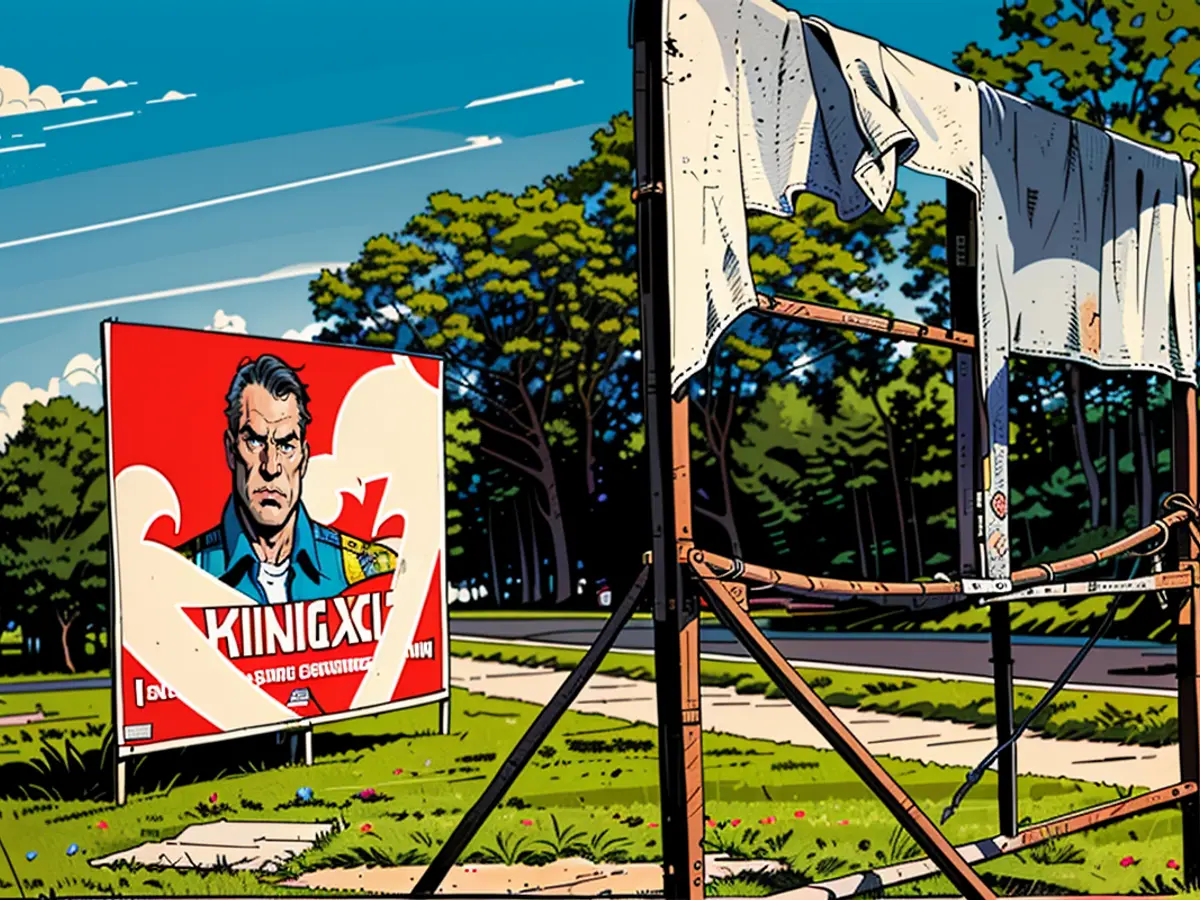EU political figures express regret over the dwindling influence of Social Democrats
The upcoming state elections in Thuringia and Saxony are bringing unfavorable forecasts for the SPD, Chancellor's party. The situation is so grim that even opponents are alarmed. Apart from empathy, the Social Democrats are also facing criticism from the Union. The SPD might fail to surpass the five-percent threshold in both states, thus exiting the two legislative bodies. This prospect is so unfavorable that even political adversaries are not celebrating. "The possibility of SPD not making it into the legislatures of Saxony and Thuringia isn't a source of joy for us," mentioned Thorsten Frei to "Tagesspiegel". "The SPD played a crucial role as a people's party in maintaining our political system's stability," noted the CDU/CSU Bundestag faction's parliamentary manager. "Our nation has thrived well when the people's parties, CDU/CSU, and SPD, fought for power."
As per current polls, the SPD scores around six to seven percent in both Thuringia and Saxony. The Social Democrats, presently junior partners in government with the Left or the CDU in both states, are being tested by the CDU and the AfD, whose state branches in Thuringia and Saxony are considered extreme right-wing by the constitutional protection, to emerge as the dominant power.
Ruprecht Polenz, the former CDU General Secretary, even views a potential failure of SPD to breach the five-percent threshold as "an absolute disaster". "No Christian Democrat should rejoice over this," expressed Polenz to "Tagesspiegel". Although the SPD differs in ideology from the Union, its significant contributions to the nation shouldn't be overlooked. "We can't afford to lose them," said Polenz.
CDU MEP Dennis Radtke also refrains from gloating if the SPD fails to surpass the hurdle. "The CDU has different political aims and visions compared to the SPD or the Greens, but we share a common democratic fight for the best solutions for our nation," commented Radtke to the newspaper. The contest between these parties differs from the battle against the AfD and the BSW, "who aim for a different nation". "The disappearance of SPD from only one legislature would be a blow to our democracy's functioning," noted Radtke.
However, the SPD receives criticism for its long-term former coalition partner, the Union, as well. CDU/CSU faction manager Frei pointed out that SPD's decline was "not an inevitability". "The SPD seems reluctant to fulfill the role of a people's party." It appears to have lost contact with voters, not merely in Saxony and Thuringia. According to Frei, this doesn't necessarily mean a threat to democracy and more instability. "The democratic spectrum of the party landscape offers alternatives to the SPD for voters."
The CDU parliamentary manager acknowledged the SPD's crucial role in maintaining the political system's stability, stating, "The SPD played a crucial role as a people's party in maintaining our political system's stability."
In light of the potential SPD failure to surpass the five-percent threshold, former CDU General Secretary Ruprecht Polenz expressed, "No Christian Democrat should rejoice over this."








